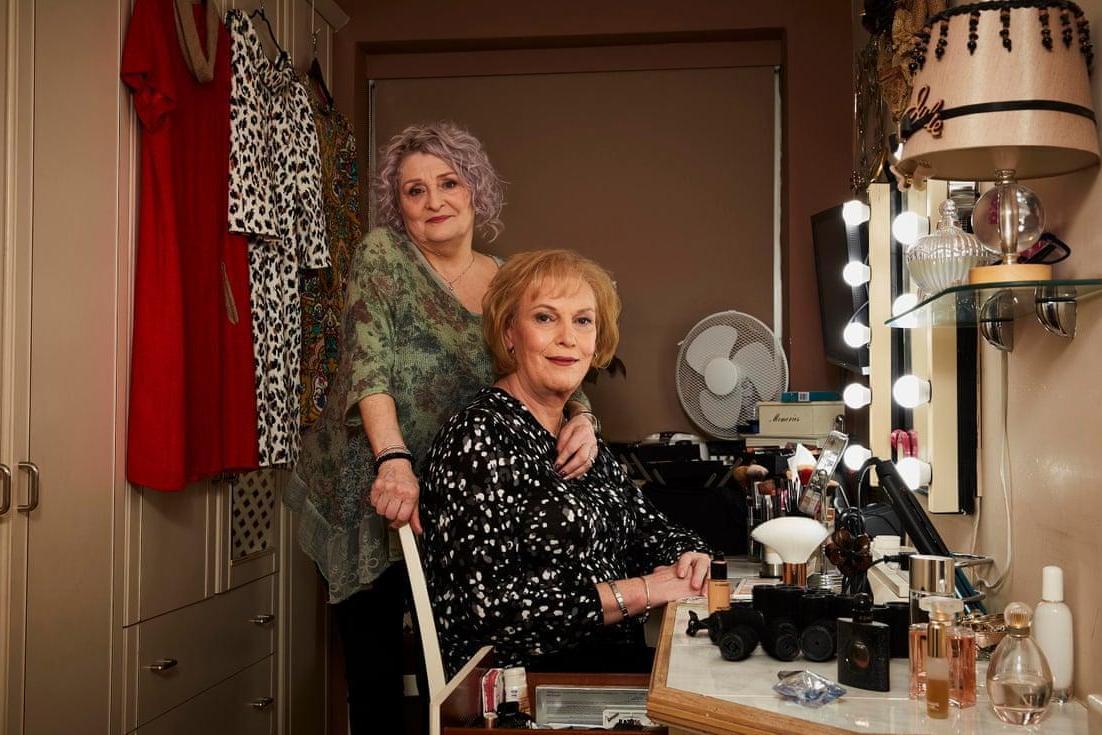Why shows like Channel 4’s ‘Making of Me’ need to include more non-binary representations of trans identities
It’s bemusing that conversations are framed so rigidly considering these programmes are trying to show that gender is something that is not set in stone


As we have seen with television programming over the past two years, trans identities and our “journey’s” apparently make great viewing.
From Genderquake, arguably the elephant in the room in terms of Channel 4’s more progressive coverage of the trans community, to Trans Kids: It’s time to talk, which seemed poorly timed due to it's previous poor programming of trans people, we have been in the front rooms of millions of adoring cisgender people since what seems like forever.
The response to these shows is usually far from positive, so you can imagine why I winced after seeing the advert for Making of Me, Channel 4’s new series following a group of trans people over the course of three years, from their initial coming out, to their lives in the present day.
Although these shows do demystify and debunk a lot of preconceptions and prejudices that a lot of people have about trans people, and show us in everyday scenarios making cups of tea and walking into rooms only to forget what we’ve come in for, they’re still incredibly binary, and offer a very hyper-masculine and feminine view of just what is is to be trans.
Now before you start shouting, “you’ve got what you wanted” or “you can’t win, you snowflake!” at me through your screen, it’s important that we take a look at the show and the representation it offers.
A lot of time and budget has clearly been put into this show, with the teams and researchers following a group of trans people for so long, profiling three different people each episode.
The first episode offered us an indeed, more diverse look at what it’s like to be trans in
the 21st century. Cairo is the first person we are introduced to. The show delves into his journey towards becoming a male model, and an insight into the ways in which his relationship with his then partner would change and develop throughout his transition.
Trans men are often left out of the paradigm that is trans media representation, and I can’t help but think it’s because TV execs perpetuate the idea that trans women are more “interesting” (which to me just screams: “we want to see someone who we still see as male in a dress because we’re all still definitely misogynistic and want to make ‘good TV’ because it’s something societally we’ve been told to mock”).
Nonetheless, seeing trans male representation as well as the lives of trans women of colour explored was not only refreshing, it was pertinent, as these lived experiences are often left out in the media.

Unfortunately, the promotion of the show was not quite as insightful. Adverts both on television and online promoted the show with “before and after” pictures, essentially, in my view, trans clickbait which just reeked of the sentiment: “wow look at these people, aren’t they wild”.
That level of sensationalist production is old and outdated and, although it may entice viewers to engage with the programme’s message, seems to be ill informed.
It’s bemusing that conversations are framed so rigidly as binary in their approach considering these programmes are trying to show that gender is something that is not set in stone.
To be able to explore gender, we need to understand that it is not something that can be split into two binary categories, and is instead something that is up to the individual to define.
I’m not saying that these people shouldn’t express their gender in the ways that they are, as many trans people express their gender in a binary way, due to their want and desire to be seen as the gender that they truly are after years of potential suppression, which is completely valid and understandable.
But the producers and teams behind these programmes need to do their research more thoroughly, and include trans people behind the camera, because then we will be able to have conversations about gender non-conformity and non-binary lived experiences as well as having meaningful input from trans people.
In my experience, the very essence of being non-binary is being able to disrupt the traditional discourse of gender, and really allowing yourself to explore and define your own identity and expression. These are the conversations that could, if they were included in shows about trans people, really drive home the message that gender itself is a societally, man-made and colonial concept.

I’m not saying that the experiences of the trans people on Making of Me aren’t worth listening to, but that, unfortunately, they were part of a documentary style that these days, isn’t particularly groundbreaking. Surely TV should constantly try to break boundaries and push viewers to question themselves and their environments?
Although I’m glad to an extent that these programmes exist, they need work harder to profile people from non-binary and gender non-conforming identities, as we are some of the most marginalised groups in society, especially non-binary and gender non-conforming people of colour.
It always feels like trans issues are frequently homogenised into a programme structure that allows us to be palatable to the masses, rather than raw and unfiltered and powerful, which at our core, we all are.
Lets get non-binary people into the conversation, and behind the camera, so that the beautiful stories of all people within the trans community are allowed to be told, first and foremost, from the mouths of the people who live the experiences.
Jamie Windust is the editor in chief of Fruitcake Magazine
Join our commenting forum
Join thought-provoking conversations, follow other Independent readers and see their replies
Comments
Bookmark popover
Removed from bookmarks